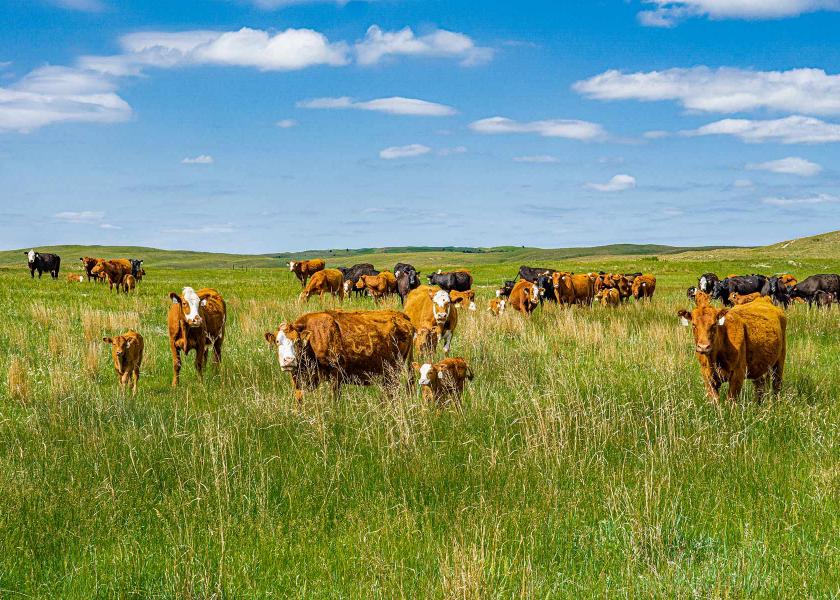Hanes: The Zodiac and the Beef Checkoff

The following opinions are those of Greg Hanes, Chief Executive Office of the Cattlemen's Beef Board.
In the Chinese Zodiac, 2021 is known as the Year of the Ox. The Year of the Ox occurs every 12 years and is a year of ambition, relationships, and luck. According to the zodiac, it’s a year that with some hard work, should end well.

In a producer’s world, every day is defined by the Ox (cattle), with ambition, relationships, and even some luck playing an important role. While the Year of the Ox is considered good, producers don’t want to rely on astrology for success. They want, and need, consistency and something that will work reliably for them. So, as part of the 1985 Farm Bill (ironically, another Year of the Ox), they developed and passed the Beef Checkoff program.
Producers wanted a better way to promote their product, and the producers who constructed the Beef Checkoff did what they did with intent. They didn’t design the program to be untouchable or inaccessible to the folks paying into it. They wanted producers (and beef importers) to touch it daily…to operate it, control it, scrutinize it. It was built to serve all producers equally, regardless of operation size or type. Cow-calf, feeder, dairy, veal, and others all benefit from the Checkoff’s tireless work to grow demand and protect beef’s livelihood and viability in an increasingly competitive protein arena.
The program’s creators carefully crafted it to increase demand for beef through promotion, research, and education…nothing more. Could they have made it a fierce policy dragon? Perhaps. But policy rarely satisfies everyone, so they kept the Beef Checkoff wisely siloed and left the policy battles for lobbyists and membership organizations to fight.
Some view the Checkoff’s “promotion, research, and education” role as simplistic or ineffective, but the founders knew that when wielded properly, these are powerful tools. Anyone recall the Checkoff’s crisis management efforts during the BSE outbreak…or the Checkoff-funded muscle profiling research to increase overall carcass value? And there’s a reason beef exports topped a billion dollars in August for the first time in history. Would that have happened without the Checkoff promoting U.S.-produced beef in 80 countries worldwide?
It might be easy to sit back and criticize the Beef Checkoff for what it does or doesn’t do, but it was built to keep serving its producers and importers through projects and initiatives of their choosing. It will continue to do this with promotion, research, and education…and maybe even some ambition, relationships, and luck for good measure.
ABOUT THE BEEF CHECKOFF: The Beef Checkoff Program was established as part of the 1985 Farm Bill. The Checkoff assesses $1 per head on the sale of live domestic and imported cattle, in addition to a comparable assessment on imported beef and beef products. States may retain up to 50 cents on the dollar and forward the other 50 cents per head to the Cattlemen’s Beef Promotion and Research Board, which administers the national Checkoff program, subject to USDA approval.







